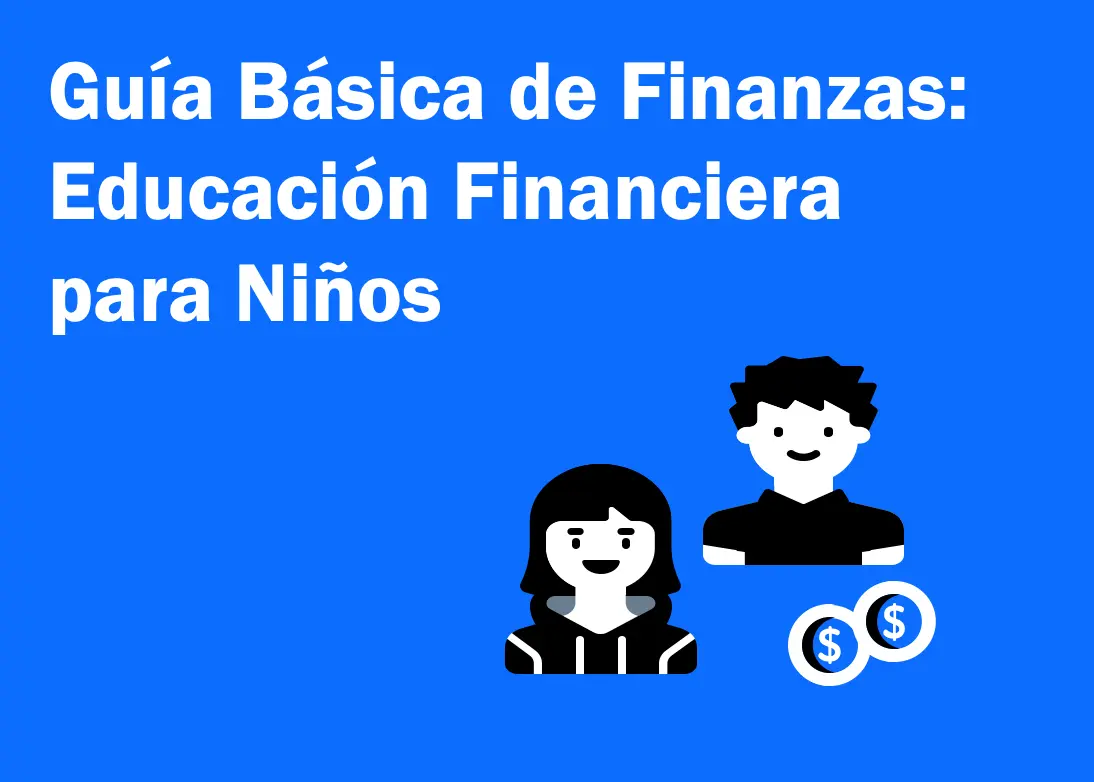It is commonly said that it is hard to forget what we learn as children. Experts in Neuroscience point out that children begin learning from the moment they are born, so it may be a good idea to instil some basic notions about finances in them from childhood, adapting them to their understanding, of course. This way, we not only instil them with knowledge in this field, but we can also motivate them and provide them with the necessary skills to ensure that in the future they can manage their own money in the most efficient way.

At Banco Sabadell, we are stressing the importance of Financial literacy for children through our Basic finance guide. To this end, below you can find a series of advice that might be useful when it comes to teaching your children some basic home economics concepts:
- Teach by example: “A picture is worth a thousand words”. Kids usually imitate what they see at home, so if they see we use money responsibly and that there is a saving-based system at home, they will very likely reproduce that behaviour in the future.
- Allocate a weekly allowance to them: No matter how small, whatever amount you can. What does matter is that they learn responsible money management from a young age, thus understanding that, if they spend it all at the beginning of the week, they have nothing left for the remaining days.
- Teach them the importance of savings: Making sure a child understands that they cannot always get what they want is difficult. Because of this, they need to be taught about saving as a philosophy, ensuring they understand that in order to purchase something they want, they must first put in the effort.
- Play with them and use interactive apps: There are different options to make children learn while having fun by means of gamification. This way, it is easier for them to understand some important concepts. Here are some ideas:
- Make some chores into a family game. For example, give them a chore and allow for a small economic remuneration or a pay-off in kind as a reward. This way they will learn what work is and will be able to save up what they earn.
- Play pretend-shop with them. Using real or plastic money they will begin to understand how the purchase – sell system works.
- It uses different online learning centres adapted for different ages, ranging from 3 to 18 years old. These platforms offer lessons so that young children can learn about money management, entrepreneurship and life management in a playful way.
- Sign them up for schools that run a type of activity that offers hands-on experiences for primary school children, allowing them to learn more about economics through different games.
Even if you think your children are too young to know about finances, it is a good idea to start working on some of these habits. By doing so, you will familiarise them with terms that will help them manage their money responsibly in the future.